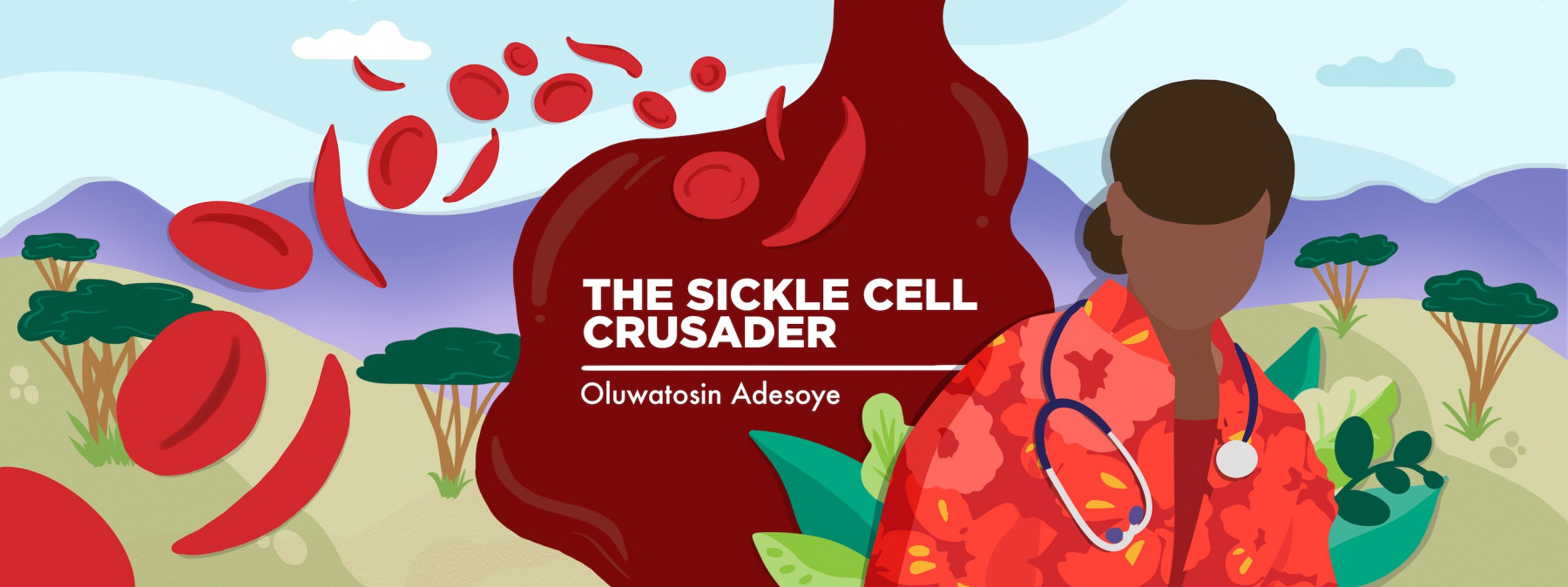Qualities to look for in a partner when living with sickle cell
For me, a fulfilling and supportive relationship involves these traits
Written by |

Dating and relationships can be complicated for anyone, but for those living with sickle cell disease, they present even greater challenges. My experience — and that of many other sickle cell warriors I know — has shown me how vital it is to be with a partner who understands and supports you. That’s why I look for certain key qualities before committing to a relationship.
First, I look for respect. My partner must respect me as an individual as well as my identity, worth, feelings, wishes, and position as his partner.
That includes realizing my value. I’ll never be with someone who thinks they’re doing me a favor by dating me. My partner must recognize all I bring to the table and respect me regardless of my sickle cell status. I’ve often heard comments like, “He’s doing you a favor by dating a sickler like you. You have no right to complain.” This attitude should not be tolerated.
In addition, my partner must be willing to accept and embrace my sickle cell status. Some patients try to hide the condition from their partner because of the associated stigma, which I think is very wrong. Your partner has every right to know and shouldn’t be left in the dark for any reason. Being open about a sickle cell diagnosis builds a foundation of trust.
But for a partner to truly be there for me, they must be educated about the disease. It’s not enough to simply know I have it. I need someone who understands my symptoms, crisis triggers, and disease management.
Wide-ranging expectations
I cannot overemphasize the importance of unconditional love. Love is a verb, and for me, it’s expressed through actions. A partner of someone with sickle cell must be able to love in the face of adversity, as living with the condition can involve a lot of opposition and negativity. A worthy partner must be able to compromise for the sake of their loved one’s health.
Kindness and empathy are nonnegotiable qualities that I don’t take for granted. Every sickle cell patient needs a partner who can show genuine compassion. That makes a world of difference during a painful crisis or other complication.
In addition, a partner must be supportive, physically and emotionally — just as I will be for him. A person who can’t care for me when I’m down does not deserve me.
I also need someone who understands my limitations. Sickle cell disease can prevent me from doing many things, and it makes me more susceptible to stress. A partner who respects these boundaries and doesn’t pressure me beyond my capacity is essential for my well-being.
Having compatible personalities, goals, and purposes is another crucial factor. As the saying goes, “Two cannot walk together unless they agree.” My partner and I must have a similar shared vision for our future.
Finally, a God-fearing partner is of the utmost importance to me. I believe that a person who honors God is more likely to honor their partner and act with integrity, kindness, and faithfulness. My faith provides a moral compass, commanding partners to treat each other with respect and care and refrain from violence or infidelity.
One more thing: A discussion about family planning is nonnegotiable. If we ever plan to have children, my partner and I would need to have compatible genotypes. If we don’t, we’d have to make informed reproductive decisions to avoid passing the disease on to our children.
By seeking the above qualities in a partner, people with sickle cell disease can experience healthier, more fulfilling relationships and marriages. Sometimes, remaining single may be a better option than being with someone unsuitable. An unsupportive partner can worsen our health, compromise our happiness, and potentially even threaten our lives.
Note: Sickle Cell Disease News is strictly a news and information website about the disease. It does not provide medical advice, diagnosis, or treatment. This content is not intended to be a substitute for professional medical advice, diagnosis, or treatment. Always seek the advice of your physician or other qualified health provider with any questions you may have regarding a medical condition. Never disregard professional medical advice or delay in seeking it because of something you have read on this website. The opinions expressed in this column are not those of Sickle Cell Disease News or its parent company, Bionews, and are intended to spark discussion about issues pertaining to sickle cell disease.




Leave a comment
Fill in the required fields to post. Your email address will not be published.